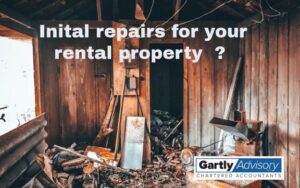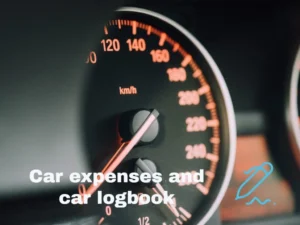The Federal Budget 2022
Here is our quick summary of the Federal Budget handed down on Tuesday. The Budget focused on keeping business and the economy going during uncertain times. It would be also be drafted with a focus on the following Federal Elellection due soon. Media reports indicate that if there is a change of Government, the ALP will publish a newly revised budget in July or August this year, which may not result in all initiatives etc., being fulfilled or modified.
Here are the critical points that we believe will impact our clients:
• 120 % tax deductions for small and medium business spending on Training and new technology
• No further extending the temporary full expensing of equipment investments
• $1.3 billion to businesses to fund apprenticeships
• ATO will be allocated more money to chase tax cheats
• PAYG system to better match a business trading result
• TPAR reporting changes to make it easier for businesses to report
• Super pension drawdown rates halved till the start of July 2023
• As previously announced before the Budget, the work-related COVID 19 test expenses incurred by individuals will be tax-deductible.
Small Business Full Expensing is finishing up!
The full expensing instant tax deduction has not been extended, meaning businesses will have to install or use the new equipment by June 30, 2023, to claim full expensing provisions.
In replacing full expensing, we have a New Technology & Training Tax Break
The new temporary tax break is for businesses that invest in either new technology or employee training and skills development.
Employee Training
As of Tuesday night, for every hundred dollars a small business spends on training their employees, they will get a $120 tax deduction,
Technology incentive
As of Tuesday night, every hundred dollars small businesses spend on digital technologies — such as cloud computing, e-invoicing, cyber security and web design — results in 120% tax deduction.
Limited to Investments of up to $100,000 per year will be supported by this new measure; however, if you are spending more, please see us as the existing immediate write off provisions still apply till 2023
How it works in real life, reducing the cost of Training or technology!
For example, Smith Co Pty Ltd has engaged an RTA business in Australia to provide Training staff to its employees online. The total cost of Training was $10,000. Smith & Co Pty Ltd will be able to claim 120% (i.e. $12,000, as a tax deduction concerning these expenses)
The True Cost of the Training from a cash point of view
Cost of training $10,000, payable now when you buy it
Claim tax deduction of $12,000 (still to be clarified – 2023 year )?
Real cash tax-saving @ company tax rate $ 3120
Net cost of training $6,880
A reminder that Loss carryback rules still apply for the next two years
Loss carryback provides a refundable tax offset that eligible corporate entities can claim:
• after the end of their 2020–21, 2021–22 and 2022–23 income years
• in their 2020–21, 2021–22 and 2022–23 company tax returns.
Eligible Companies can obtain the offset by choosing to carry back losses to earlier years in which there were income tax liabilities. The offset effectively represents the tax the eligible entity would save if it could deduct the loss in the earlier year using the loss year tax rate. As it is a refundable tax offset, it may result in a cash refund, a reduced tax liability or a reduction of a debt you owe us.
Loss carry back tax offset – Australian Taxation Office. https://www.ato.gov.au/Business/Loss-carry-back-tax-offset/?=redirected_losscarryback
Fuel costs temporary relief
Petrol and diesel excise will be reduced by half for six months, saving 22 cents for next six months. Hoping this is passed on to the small business at the petrol bowser
Tax Bonus when you lodge your 2022 return
Low Middle-income tax offset (LMITO) — in 2022 can put up to another $1,500 against your tax refund once you’ve done a tax return in 2022
Draw down rates for Self Funded Retiree Pensions – 50% reduction till June 2023





